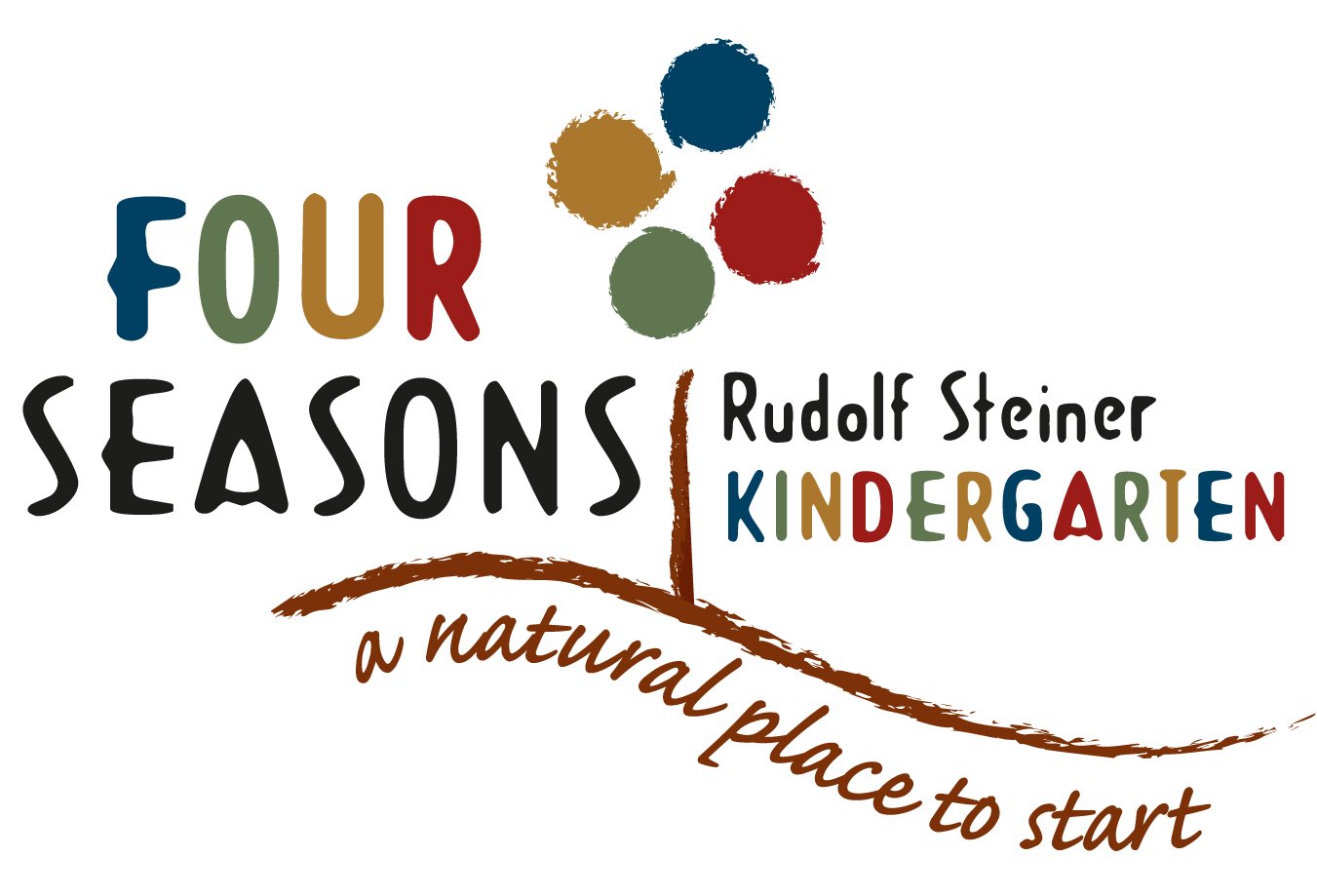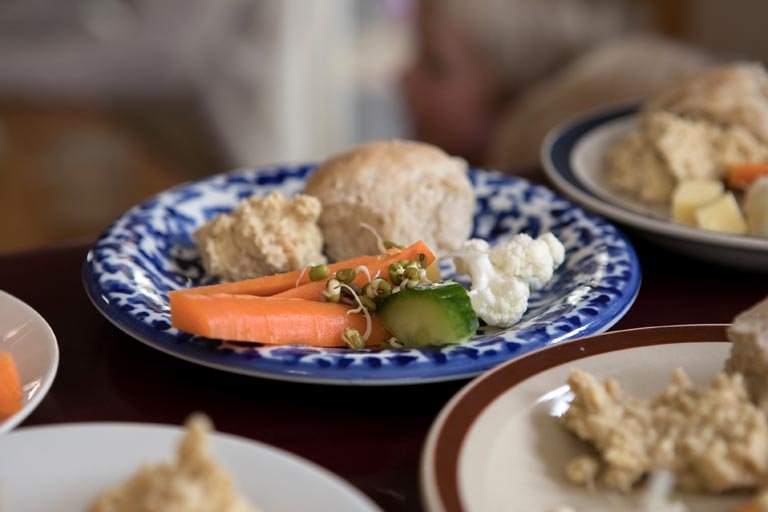Nourishment
Nourishing children with nutritious, wholesome kai is important to us here at Four Seasons.
We have always had a mostly plant based menu, and a rhythm to the meals we eat. At Four Seasons we all eat the same kai together. Tamariki see kaiako and each other trying and enjoying kai, sometimes it may be kai that they not have had before. Tamariki take time to experience different kai and that just because it may not be right one day it may be right the next day.
Imitation is one of the key ways in how tamariki learn in early childhood. We place great emphasis on our environment when we are sharing a meal, the feeling created around kai is just as important as what we eat. Tamariki absorb attitudes, moods, and habitual responses. It is here that we aspire to create an environment with kai prepared with love, care and respect. Our meals are served and eaten in a spirit of love and gratitude.
It can be a big ask to be seated at a dining table with up to 30 other people. To manage myself, my cup, sit on the stool and sometimes next to someone I don’t usually play with all takes a lot of concentration and sometimes it is hard work. With lots going on, it is important to set up a rhythm to help the young tamaiti to have a sense of familiarity. This is one of the reasons that we don’t vary our daily meal. It is why we have rice on Monday, soup on Tuesday and so on. The weekly cycle of our menu also gives us a freedom to build deeper relationships with each other, and we’re not worrying about if we are going to like (or not) today’s meal. At kindergarten, kai is bigger than personal preferences, and children grow to love all that is on their plate.
There is a special kind of conversation that comes with mealtimes. This is the time for sharing about our day, asking questions, laughing together and enjoying that special feeling of connectedness that we have by just being together. At Four Seasons we really value this special time of connectedness which has a powerful impact on the approach to kai and nourishment.


